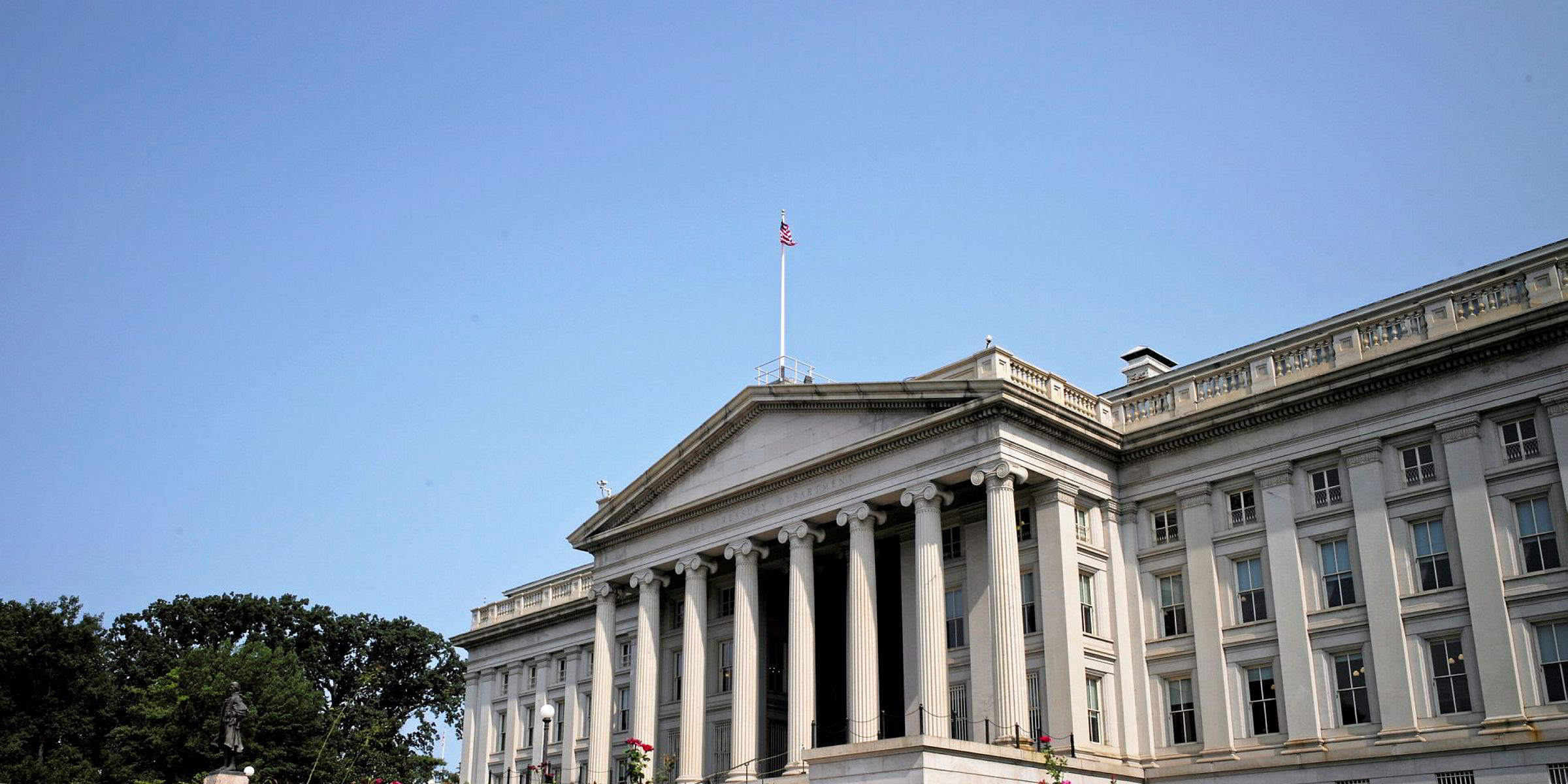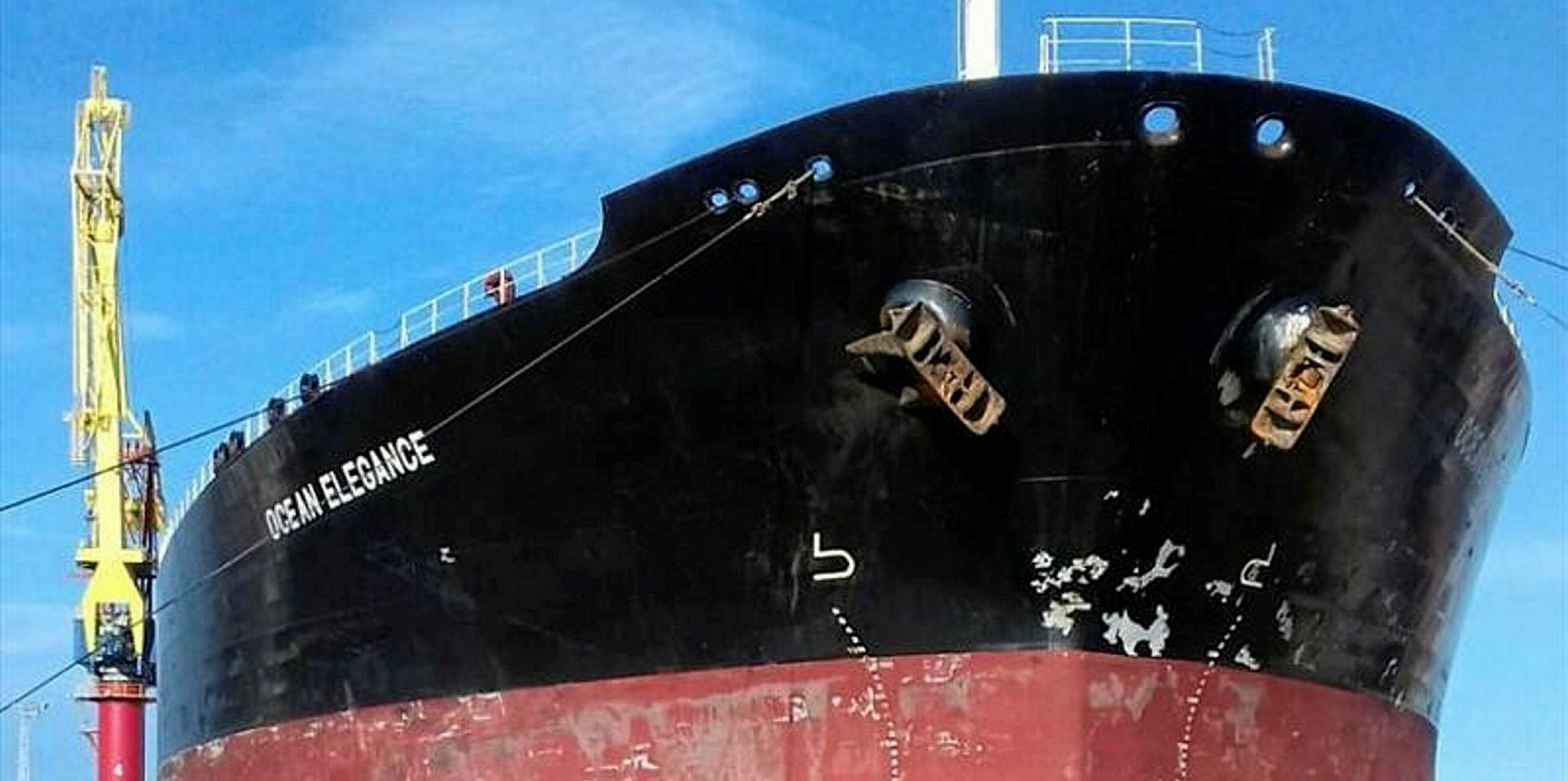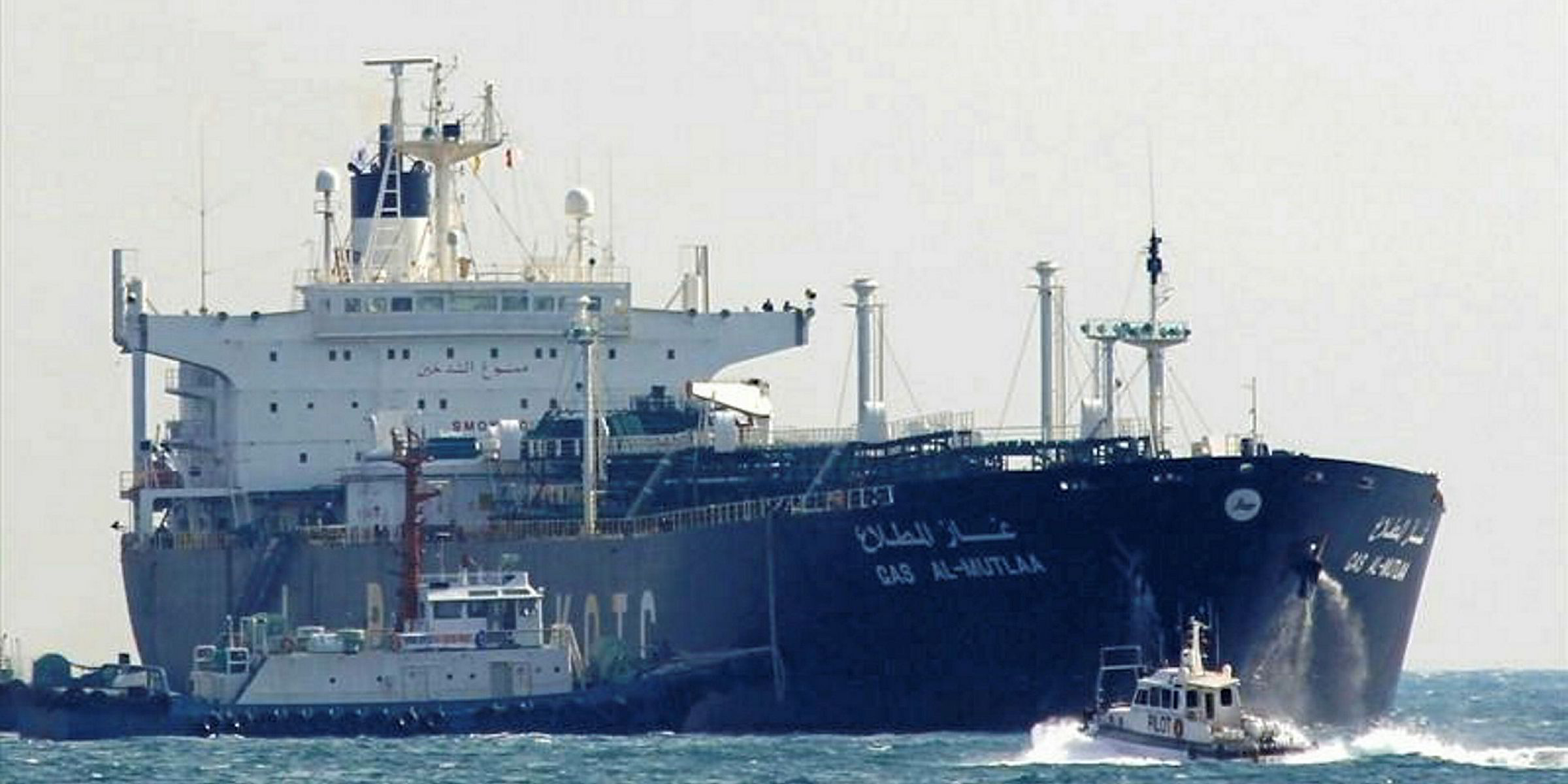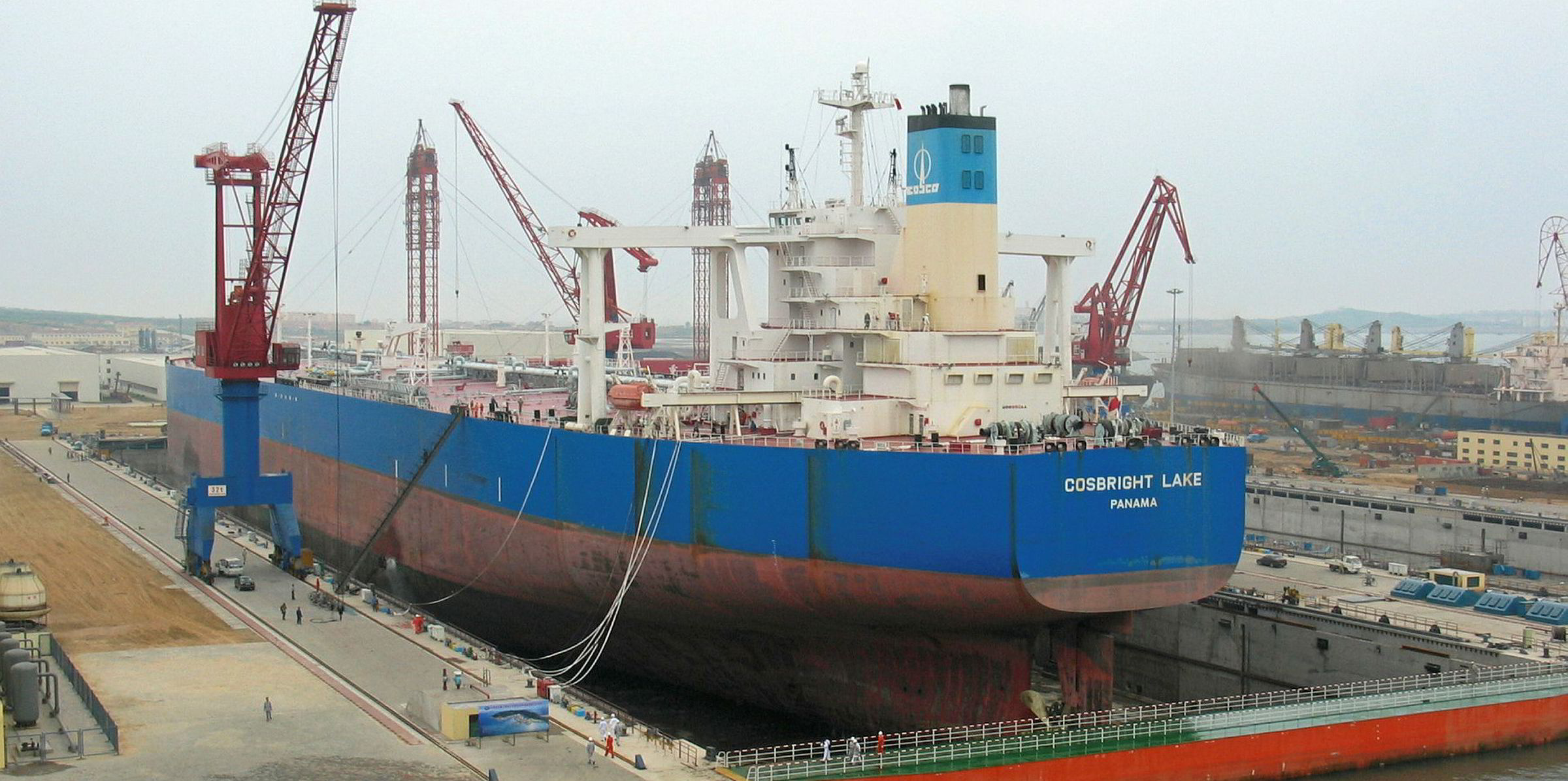By weaponising the US dollar, Washington has explicitly asked the shipping industry to help it achieve its diplomatic goals. But the lack of transparency and consistency of its sanctions schemes may create more trouble for industry players while achieving little.
In a recent media round table held in London, a US state department official pointed out “ships are key” to the various US sanctions targeting Iran, Venezuela and North Korea, with their essential role in generating export revenues for the regimes there.
Stateside warning
David Peyman, deputy assistant secretary of state for counter-threat finance and sanctions, then warned shipowners, charterers, shipmanagers, financiers, brokers and all other segments of the industry not to violate the US sanctions.
All sides “should be held responsible and accountable for all the sanctioned activity anywhere along the supply chain”, the former BlackRock sanctions chief said. “We do look towards fully, aggressively and consistently enforcing US sanctions across the board as a means to change … bad behaviours that are undermining US national security and stability and peace across the world.”
“At the end of the day, this is about protecting innocent civilians across the globe from dictators.”
Regardless of one’s opinion on US foreign policies, the shipping industry should pay close attention to Peyman’s remarks. Once deemed in violation of US sanctions, a company would generally lose access to the greenback and the ability to pay counterparties — and eventually be driven towards bankruptcy.
Great powers
It is not uncommon for superpowers to wield their economic might in front of the business world. China is no more benign than this: in October, Beijing threatened to kick the National Basketball Association out of the lucrative Chinese market over an executive’s pro-Hong Kong tweet.
But the current US administration’s approach in asking outright for the whole sector to help advance its aims is still unusual. This is probably because shipping-related transactions are predominantly done in US dollars, leaving most industry players little choice but to obey Washington’s command.
Compliance measures
Peyman even called on industry players to hire extra compliance staffers, instead of relying on risk software. Peyman admitted that this would be “costly”. He warned: “The consequence of not doing it far outweigh … the costs in investing in appropriate sanctions compliance programmes.”
Ultimately, Washington’s goal is “to change the way the business has been conducted”, he added.
Even for those who can afford extra compliance costs, toeing the US’ line is a tricky task. Sanctions orders tend to be vaguely worded and open to various legal interpretations. Quite often industry players do not understand whether their actions violate US sanctions or not.
For this, Peyman suggested that the companies should not focus on technicalities. Rather, the important thing is to figure out whether any behaviour would fund the sanctioned regimes, he added. This, unfortunately, is even more subjective.
Moreover, as Peyman rightly pointed out, sanctions should be enforced in a consistent way. Taking this literally, sanctionable behaviour should be punished equally regardless of who is in violation.
Sanctions list
In practice, the US Department of the Treasury could put a ship, a company or just a related person on the sanctions list and take them out without explanation. It does appear that for the same behaviour, some companies are hit harder than others.
Recent statements from the White House have also suggested US diplomatic policies can often be involved with quid pro quos. Even when the practices are not based on corrupt intents (otherwise they would be illegal), industry players are likely to face an uneven playing field as a result.
For example, two subsidiaries of Chinese state conglomerate China Cosco Shipping were put on Washington’s sanctions list in late September for allegedly transporting Iranian oil. If they were to be removed from the list on Beijing’s compromise during trade talks, would that be fair to other shipping companies?
Reasonable measures
Like those of other industries, shipping companies generally hope to operate within a reasonable legal and financial framework. If that proves difficult, those in the industry would try to find a new way — such as trading in non-US currencies. And there are no strong signs the Iranian, Venezuelan and North Korean regimes are on the edge of collapse due to the US sanctions.
Therefore, Washington would probably serve its own interests better by scaling down the ambition of harnessing the whole industry into its sanctions enforcement efforts. Or, at least, it could clarify its sanctions regime. Over-weaponisation of the US dollar may be just what threatens its status in the long run.







